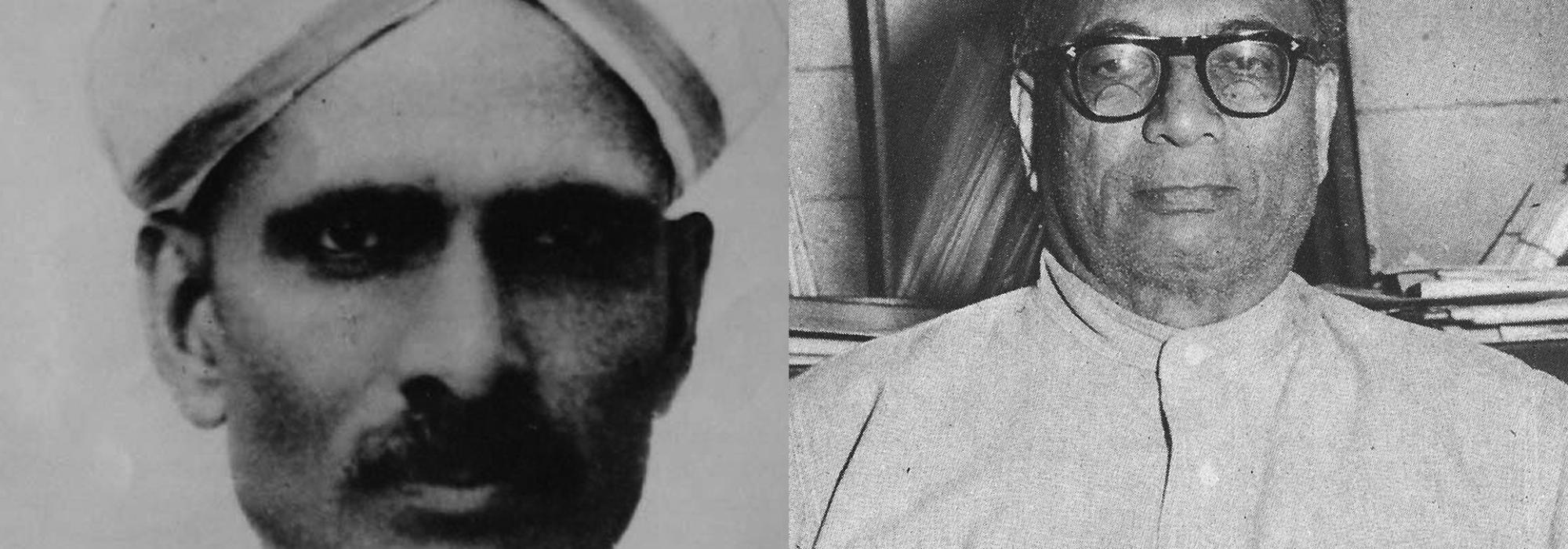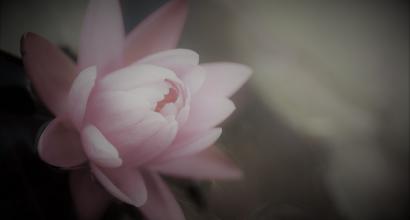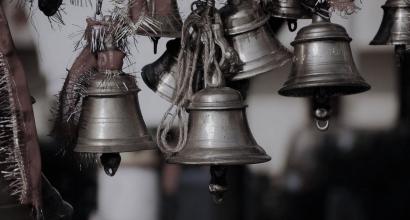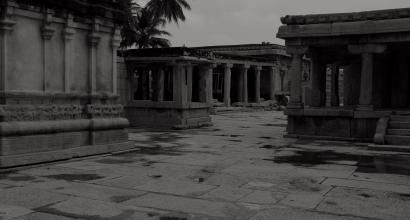A Humorous Episode
Once, Venkannayya had fallen ill. It was a disease that troubled him on and off – something stomach-related. When I heard the news, I wrote the following quatrain on a postcard and sent it to his college address in Mysore:
vaṃkāyòkkaṭè kaḍupulò।
saṃkaṭamunu galugujeyunayyā nūnan॥
iṃkanu virupanu jeritè।
vèṃkaṇṇā! grudda cinugi brovakagalade॥[There’s a suffering in my tummy
the oil has caused grief therein
if more antidote (for the ache) is mixed with it
my anus will tear apart, O Vèṃkaṇṇā!]
The day this card reached Mysore, he hadn’t come to college, perhaps because of his illness. However, out of habit, the postman threw that card in the professors’ room and went away. It appears that the professors and lecturers chanced upon this card.
A few days later, when I met Venkannayya, it seemed to me that he was angry. I went and spoke to him. With knit eyebrows, he said, “What’s this – you make me a laughing stock! Instead of writing that poem on a postcard, what would you have lost if you had put it in an envelope?” Then we just burst into laughter.
Venkannayya and I had many light-hearted fights and engaged in humorous repartee. Once the topic of discussion was the Kannaḍa Rāṣṭra-gītā [Kannada State Anthem]. We parodied the ‘Rakṣisu karṇāṭaka-devī’ composed by the revered poet Śāntakavi –
bhakṣisu karṇāṭakadevī—nī
bhakṣisu karṇāṭakadevī॥
muggulu rāgiya muddègaḻannu
kaggallaṃtha bhakkariyannu।
aggada sòppina palyagaḻannu
siggilladè ninagarpisutihèvu॥
On another occasion, I parodied the song ‘Mall-ammā mallammā…’ composed by a friend of mine –
vèṃkaṇṇā vèṃkaṇṇā
baṃkèya mūgina vèṃkaṇṇā।
Venkannayya was a huge addict of snuff. Pat came the reply,
guṃḍaṇṇā guṃḍaṇṇā
____ huṇṇina guṃḍaṇṇā
(At that point in time, I was suffering from piles.)
On yet another occasion, I had composed a poem. It was about the (annoying) habit of excessive akṣara-citra-kavitā[1] in Telugu poetry – Niroṣṭhamulu[2], Nirdantyamulu[3], Sarva-laghu[4], etc. We set out to mock this. I told him to compose a verse on snuff, omitting the anunāsikās[5]. This was Venkannayya’s response:
dègaḍiyu balavāgiddarè
hògèyèlè dhūḍaddu
būgigerisu gèḻèya॥
If one were to add up all the moments that we spent in this manner, laughing and enjoying ourselves, it would add up to years!
Balancing the Internal and the External
The ephemeral nature of worldly life and the glory of the higher Self – both of these were deep-rooted feelings in Venkannayya’s consciousness. These two fundamental emotions would always flow in Venkannayya’s conversations and conduct. He had happiness and contentment in life. He was enthusiastic in enjoying the pleasures of life. But that joy and enthusiasm were always within limits. The constant remembrance of life’s impermanence kept his joy and enthusiasm in check.
When Venkannayya was perhaps residing in the Dharwad province, he came under the strong influence of Agaḍi Śeṣācala Sādhu. He would often speak about Śeṣācala Sādhu, who was not an ascetic but a householder. He was a person who endured worldly difficulties just like commoners. He would play the game of Ganjifa cards. He partook of snuff. He enjoyed good food and hospitality. In this manner, he was immersed in worldly life. Even so, his inner being was constantly meditating upon the Supreme. Even while engaging in the affairs of the outer world, his mind was always turned inwards. Venkannayya looked upon this harmony and reconciliation between the internal and the external worlds as a trait of a mahāyogi and thus developed reverence towards the Sādhu. I get the feeling that this influence shaped Venkannayya’s life.
Venkannayya performed rituals and adhered to tradition, but within limits. He had far more dedication to rituals and customs than I did. And Krishna Shastri was even more dedicated than Venkannayya in these matters. Krishna Shastri had included devatārcanā and pārāyaṇa as part of his daily worship. Venkannayya would undertake the pārāyaṇa of Śrīmad-rāmāyaṇa after the completion of his sandhyā-vandanā. He would recite at least one or two cantos of the Rāmāyaṇa and would insist on bodily purity during that time.[6] In the early days, I committed the sin of mocking him. Once I gave him a piece of garment to use as a ritual seat.
He asked, “What’s this seat for? And for whom?”
I replied, “This seat is conducive to take you to the higher realms!” (making light of his practice of observing ritual purity of the body).
Discussions and explanations about my statement ensued. After observing for a long time that he sincerely followed this practice, I began developing respect and devotion towards it. Then I admitted my mistake. Venkannayya looked at me with a smile. I assumed that his glance carried with it a pardon.
The Bhagavad-gītā was another work that was part of Venkannayya’s daily pārāyaṇa. Both he and Krishna Shastri knew the Gītā verbatim. They were so well-versed with every verse of the text that they could quote from it at will and start reciting the poem from any point.
Whenever he was free, Venkannayya would take up a verse of the Gītā for an exchange of ideas with me, while walking, or eating, or during some other activity. He was subtle and gentle while putting forth an opposing view. His approach was similar even while offering solace. He would carefully weigh the opinions of both sides. This habit of carefully weighing the opposing views was his unique intellectual trait.
To be continued.
This is the sixth part of an eight-part English translation of Chapters 23 and 24 of D V Gundappa’s Jnapakachitrashaale – Vol. 3 – Sahityopasakaru. Thanks to Śatāvadhāni Dr. R Ganesh for his help with some of the translations.
Footnotes
[1] Complicated poetic jugglery at the level of letters.
[2] Without the ‘labials’ – pa, pha, ba, bha, and ma.
[3] Without the ‘dentals’ – ta, tha, da, dha, na.
[4] Using only light syllables.
[5] The ‘nasals’ – ṅa, ña, ṇa, na, ma.
[6] The traditional belief was that one must perform all rituals and sacred activities soon after taking a bath and before engaging in any secular activities.












































